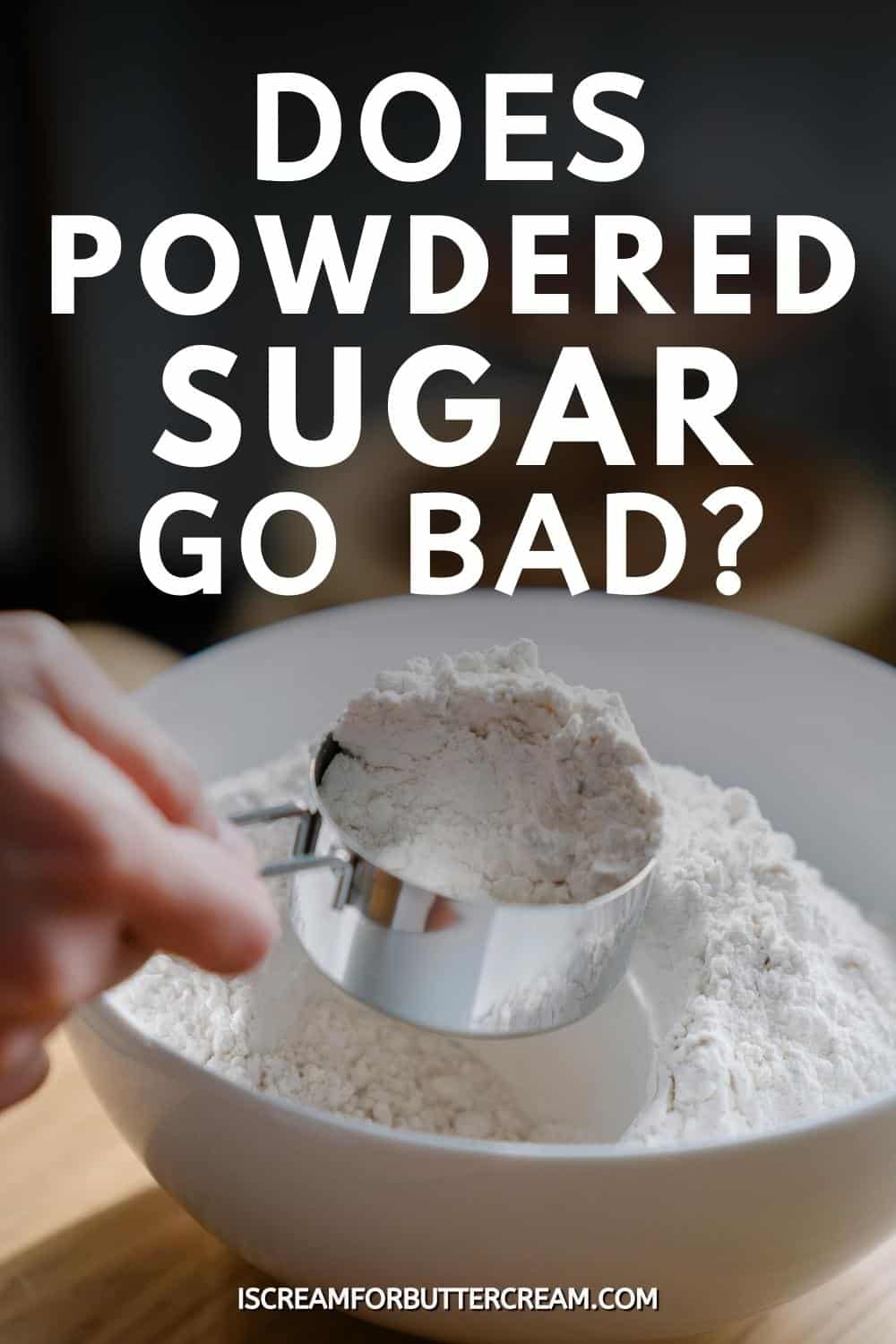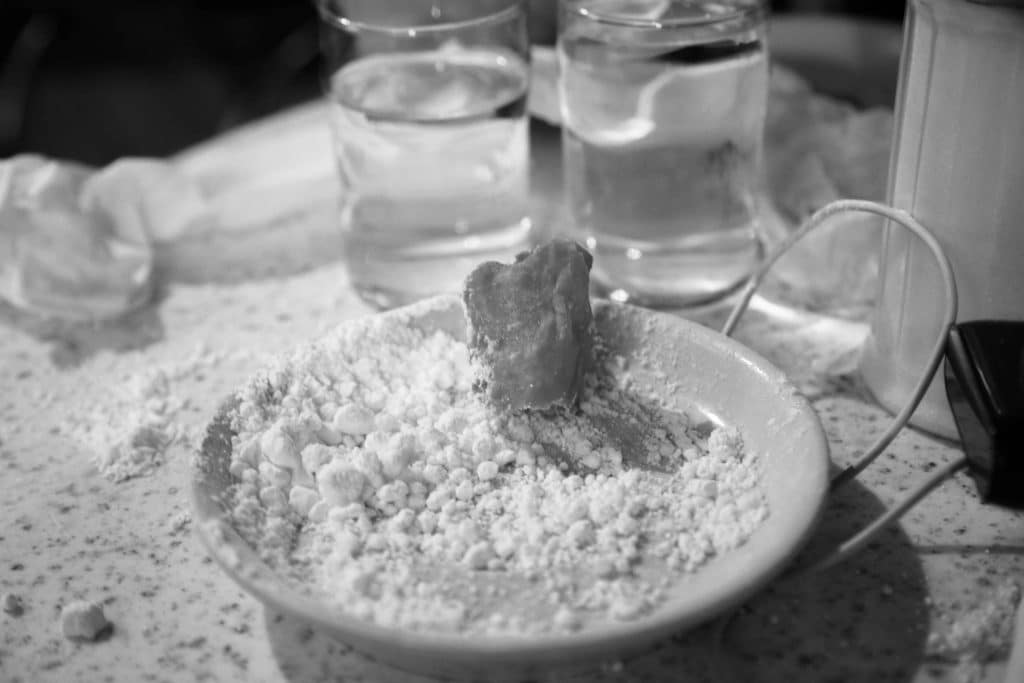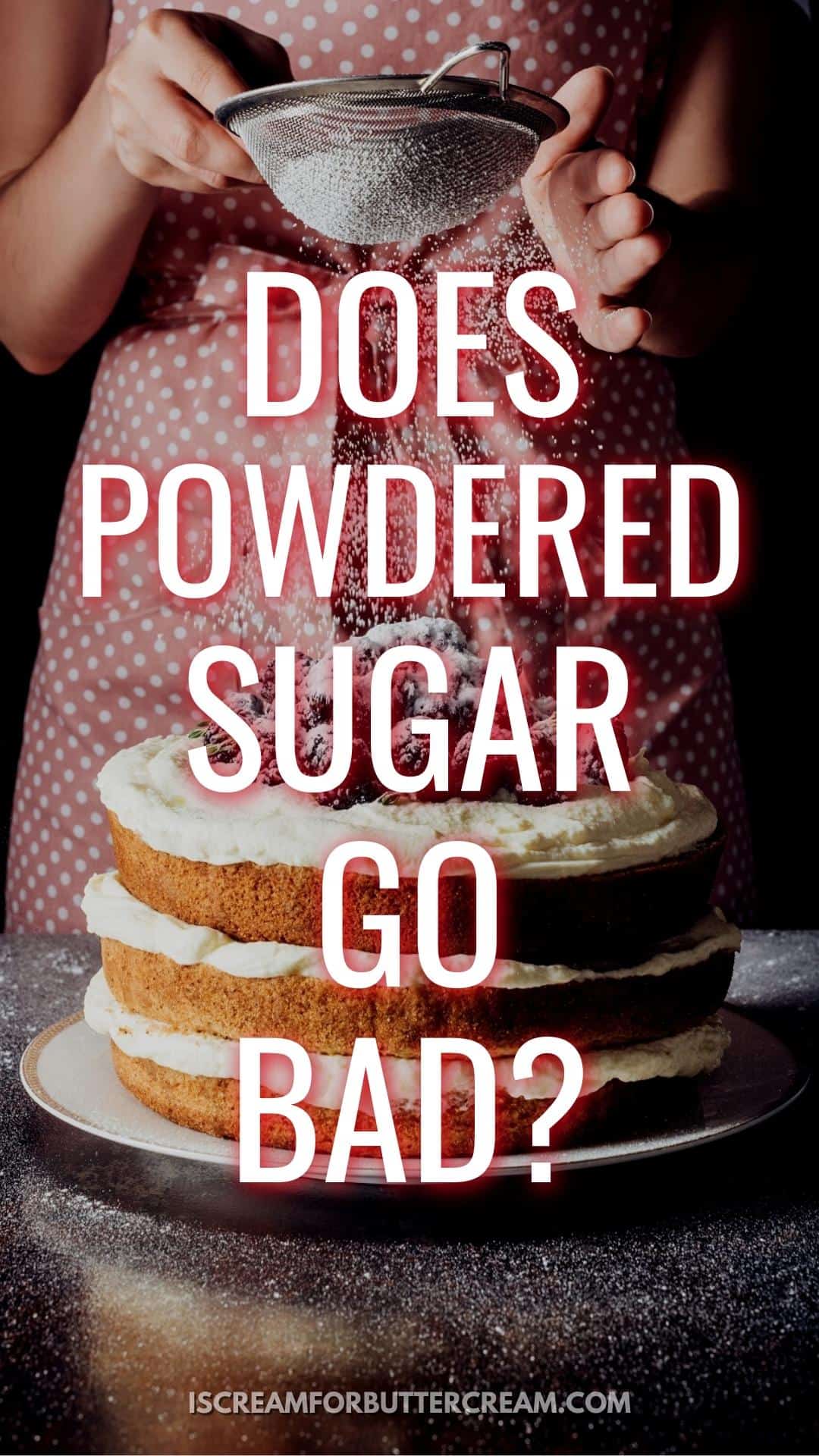Does Gelatin Go Bad How Long Does Gelatin Last In The Fridge Can

Does powdered sugar go bad? How long can you keep confectioners sugar?
Gelatin does not necessarily expire if not refrigerated. However, refrigeration can help extend its freshness and prevent any spoilage. So, it's always a good idea to store gelatin in the refrigerator, especially once it has been opened. # bad # gelatin # go. Required fields are marked.

How Long Does Gelatin Last? Does Gelatin Go Bad? Eat Delights
When properly stored, gelatin can last unopened for years, as it does not go bad. Gelatin should be stored in a cool, dry location such as a pantry. Both leaf and powdered gelatin have the capability of lasting for several years when properly stored.. Powdered gelatin is most commonly found in the United States. It serves the same purpose as.

Does Powdered Sugar Go Bad? The U.S Kitchen
Gelatin, like jello, can go bad if not stored or handled properly. While gelatin has a long shelf life, it is not invincible to spoilage. It is susceptible to microbial growth and can be affected by factors like temperature and humidity. Proper storage and handling are crucial to maintain its quality and safety.

Does powdered sugar go bad? How long can you keep confectioners sugar?
Yes, gelatin can go bad. Gelatin is really good at keeping its quality intact for a very long period of time. Unlike others, all forms of gelatin are good at keeping their quality intact. Among all the forms of gelatin, powdered and dry gelatin tends to last long.

Does Gelatin Go Bad?How Long Does It Last?
Powdered gelatin is unlikely to go bad if stored properly. You'll probably see the best-by date marked on the box, but that's usually due to food regulations. Many people claim you can use powdered gelatin for years as it never loses its gelling abilities. Pre-made gelatin products can't last as long, though, so you want to be more.

Does Powdered Sugar Go Bad? I Scream for Buttercream
When stored in a covered container in the refrigerator, this jiggly treat can last for up to seven to 10 days. That's quite a while, as far as deserts go. Even so, the taste and texture will deteriorate little by little each day, so it will be at its best soon after setting. There is one caveat, however: jello molds (and cups) made with fruit.

Does powdered sugar go bad? How long can you keep confectioners sugar?
Once opened, gelatin powder can last for up to two years if stored properly. Unflavored gelatin sheets have a shorter shelf life of about one year. When made into a gel, gelatin will last for about a week in the fridge.. From what we discussed in this blog post, it is clear that gelatin does go bad. However, it has a relatively long shelf.

21 Gelatin Tips and Tricks Food Renegade
The answer is yes, it does. Like all food items, Jello has a shelf life, and it can spoil or go bad if not stored properly. However, with the right storage and handling, you can enjoy your Jello for an extended period. Remember, the shelf life of Jello depends on various factors, such as the storage conditions, the type of Jello, and the date.

Does Powdered Sugar Go Bad?
While gelatin generally can last for really long, it can still go bad when it is not stored correctly. Powdered gelatin can last quite long, even if stored in the pantry, so there is really no reason to freeze it. Properly stored, powdered gelatin can last months, if not years, past the expiration date on the box.

Does Powdered Sugar Go Bad?
Unveiling the Truth About Jello's Shelf Life. by Rachel Ellison. Yes, jell-o does go bad. Jell-o has an expiration date and can go bad over time if stored improperly or past its expiration date. Jell-o is a traditional gelatin dessert that has been a staple in many households for years. It is easy to make and can be customized in numerous.

How long does gelatin last? 27F Chilean Way
Dry Jello lasts for. 3-4 Months. --. Prepared Jello lasts for. --. 7-10 Days. Of course, jello (Jell-o) will last for a shorter period of time if it is not stored properly. But, like many other products, it usually has a best before date which is simply the last date by which a manufacturer will vouch for a product's flavor and quality, not its.

Does Gelatin Go Bad How Long Does Gelatin Last In The Fridge Can
The most important question is whether it goes bad or not. Gelatin can last for up to three weeks or longer depending on different factors, such as the type of gelatin, the container and how you store it. The container should be closed with a lid tightly so that no air gets in and the container doesn't become waterlogged.

Does powdered sugar go bad? How long can you keep confectioners sugar?
No, packet gelatin does not go bad. Most gelatin will be able to be used indefinitely. The gelatin should be used within the first year to keep its potency in your projects but can still be used with little change indefinitely after its best buy date. Gelatin-based snacks and homemade goods should be used within a week of being opened to avoid.

Gelatin extras Fandom
Powdered and dry gelatin has a long shelf life. In fact, some claim gelatin, when stored properly, never loses its gelling abilities and can last indefinitely. Most gelatin packaging will display a "use by" date, but this is largely because of regulations for the food industry. Powdered gelatin can be used for months or even years beyond.

Does Gelatin Go Bad?How Long Does It Last?
Does Gelatin Go Bad? Yes, gelatin can go bad. It will spoil if it is not stored in a cool, dry place and if it is not kept in an airtight container. The spoilage of gelatin is caused by the growth of spoilage bacteria, which produce a gas that causes the gelatin to swell and to develop an unpleasant odor.. Unflavored gelatin powder has a.

Does Powdered Sugar Go Bad? I Scream for Buttercream
Does gelatin go bad? Gelatin may have a long shelf life but improper storage and exposure to heat, moisture, and light could cause it to go bad earlier!. How Long Does Gelatin Last. Generally, powdered gelatin, both unflavored and its derivates, comes with a best-by date. The date is there usually for legal reasons, not because the product.